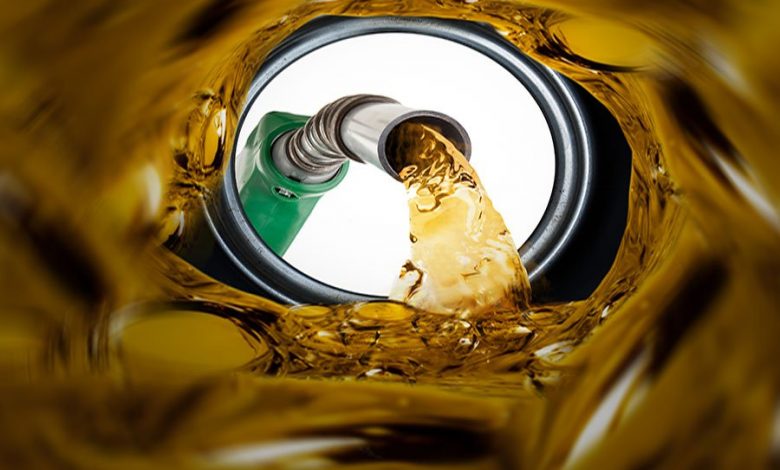
Government’s subsidy on fuel has continued to bring relief to consumers for the past six months, as prices in the local market persistently go down.
Data indicates that the pump prices for petrol has decreased by an average of 14 per cent during the period for petrol imported through three major ports of Dar es Salaam, Tanga and Mtwara.
From August last year to January this year, prices after subsidy for petrol imported through Dar es Salaam Port reduced from 3410/- to 2819/-, equivalent to 17.3 per cent.
During the same period, prices of petrol imported through Tanga Port decreased from 3435/- to 2989/-, equivalent to 13 per cent.
Meanwhile, retail price for petrol imported via Mtwara Port has gone down from 3393/- in August last year to 2993/- this month, equivalent to 11.8 per cent.
However, figures show that diesel has maintained a slight decrease of prices by an average of 0.55 per cent for two ports of Dar es Salaam and Tanga.
Whereas, prices for diesel imported through Dar es Salaam Port has gone down by 0.8 per cent from 3,322/- in August to 3295/- in January this year, the prices for diesel imported through Tanga Port reduced by 0.3 per cent from 3349/- to 3340/- during corresponding period.
In the contrary, the diesel imported via Mtwara Port has recorded a slight increase of pump prices by 1.58 per cent from August last year to January this year, whereby diesel sold at a cap price of 3351/- in August as compared to 3404/- announced yesterday by the Energy and Water Utilities Regulatory Authority (EWURA).
In the public notice on Tuesday, the EWURA announced the indicative prices for petroleum products for this month.
The statement, signed by the authority’s Director General Modestus Lumato, said pump prices of petrol for Dar es Salaam has decreased by 8/- per litre, whilst, Tanga and Mtwara increased by164/- per litre and168 per litre, respectively, compared to the prices that prevailed in December 2022.
Also, diesel for Dar es Salaam, Tanga and Mtwara increased by 48/-, 91/- and 135/- per litre, respectively.
On the contrary, the price of Kerosene in Dar es Salaam has decreased by 49/- per litre compared to the previous publication.
Increase in cap prices are attributed to changes in Free on Board (FOB), premium and appreciation of the US dollar against the Shilling.
The prices differ from one location to another due to differences in recommended loading port and transportation costs.
The statement said the information on prices is intended to enable stakeholders to make informed decisions on petroleum prices at any particular time.
“Oil Marketing Companies are free to sell their products at a price that gives them a competitive advantage provided that such price does not exceed the price cap and is not below the floor price for the relevant product,” the statement emphasized.
It further stressed that the price boards should clearly show prices charged, discounts offered as well as any trade incentives or promotions on offer.
“Consumers are encouraged to purchase from stations that sell products at the most competitive prices and offer better services,” it said.
The authority warned that legal action will be taken against any retailer who fails to comply with the instructions.






